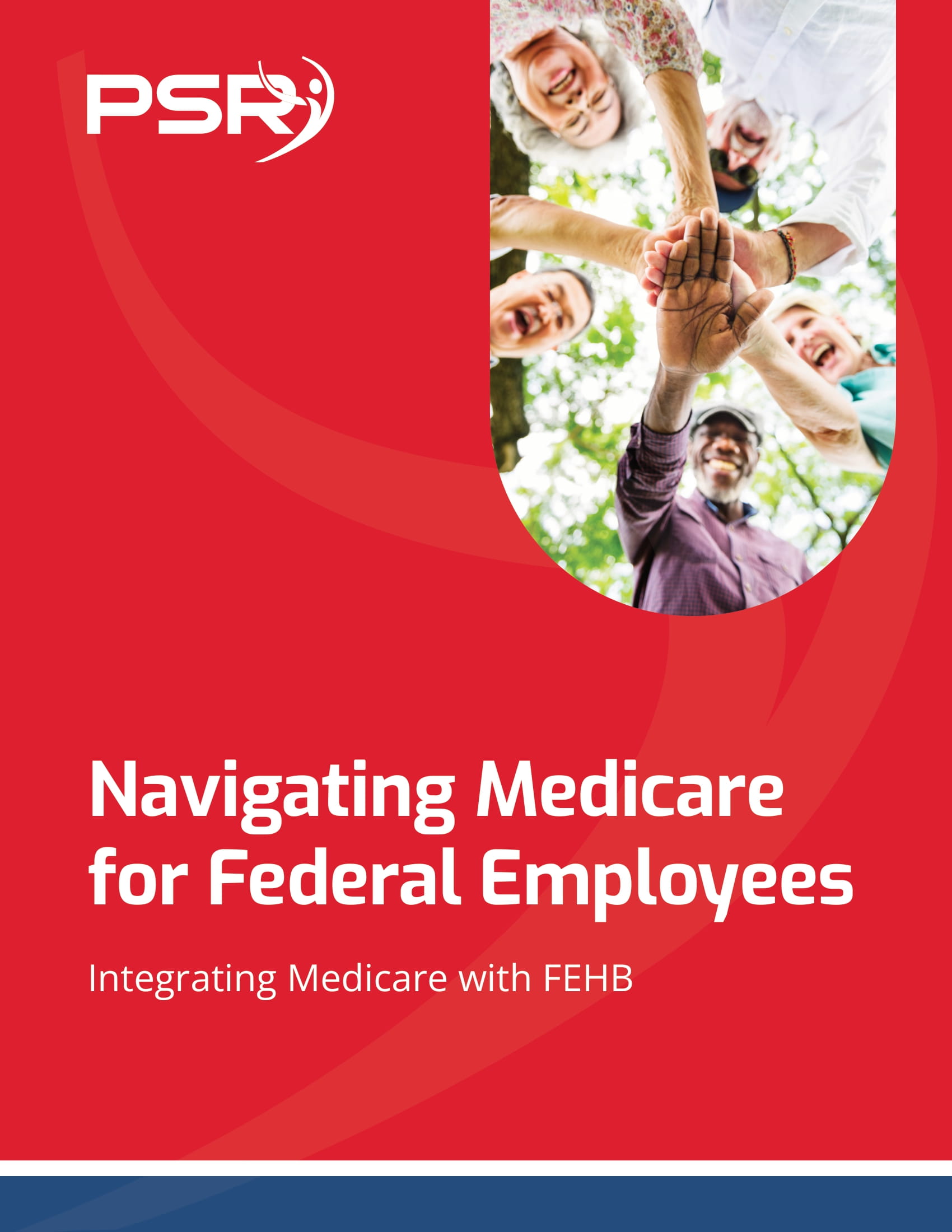According to a group of Democrats in the Senate and the House, the Federal Employees Health Benefits Program (FEHB) should cover the diagnosis and treatment of infertility. They wrote to Kiran Ahuja, director of the Office of Personnel Management (OPM).
Including this coverage under the FEHB is deemed in our national interest by the parliamentarians since it will enable the federal government to hire and retain the most effective federal personnel.
In the letter, it is noted that research revealed that employees without access to infertility treatment frequently express unhappiness with employer-sponsored coverage.
Additionally, they said that people shouldn’t have to incur significant medical debt to raise a family, as the decision to start a family is a right for all Americans.
- Also Read: Divorce and Your Federal Pension—What Happens When You Split Assets and How It Could Affect Your TSP
- Also Read: What Happens to Your Federal Benefits After Divorce? Here’s the Lowdown
- Also Read: The Best FEHB Plans for 2025: Which One Fits Your Lifestyle and Budget the Best?
Earlier this year, OPM indicated that they were considering including coverage for infertility treatments in the FEHB.
In the annual benefit and rate proposals letter from FEHB program carriers for 2023, OPM stated that 1 in 3 workers between the ages of 18 and 34 thinks that fertility treatment ought to be covered by their employer’s benefits package, with over half citing the high out-of-pocket expense of the procedure as the primary justification. In addition, the prevalence of infertility coverage amongst employers has increased over the past five years, and state-level activity has increased due to the implementation of infertility insurance laws in 19 states.
OPM is eager to assist insured FEHB enrollees and their qualified family members in their efforts to start families. However, more might be done to lessen the cost burden of Assisted Reproductive Technology (ART) therapy for those needing it. FEHB carriers presently cover the diagnosis and treatment of infertility.
When an insurance plan must pay for additional operations, this typically means that the cost of providing the insurance will increase as well to cover those services. As all federal workers are probably aware, health insurance costs are rising steadily each year. The table shows the average premium increases for active and retired federal employees and the FEHB’s overall cost increases over the last five years.
Average FEHB Cost Increase by Year Increase of Employees’ Share of Premiums
|
Year |
Increase of Employees’ Share of Premiums |
Overall Average FEHB Cost Increase |
|
2022 |
3.8% |
2.4% |
|
2021 |
4.9% |
3.6% |
|
2020 |
5.6% |
4.0% |
|
2019 |
1.5% |
1.3% |
|
2018 |
6.1% |
4.0% |
Approximately 72% of the entire cost of providing health insurance to federal employees and retirees is funded by the federal government, reducing the costs borne by the individuals and their families covered by FEHB plans.
According to the OPM, for the majority of employees and annuitants, the government contribution is equal to the lesser of (1) 72% of the amounts OPM decides is the program-wide weighted average premium for the year, for Self Plus One, Self Only, and Self and Family enrollments, or (2) 75% of the total premium for the specific plan an enrollee chooses.
The FEHB premiums for that year will be disclosed in the fall before the open enrollment period for federal benefits in 2023. You can read the full letter here.
Contact Information:
Email: [email protected]
Phone: 9143022300
Bio:
My name is Kevin Wirth and I have worked in the financial services industry for many years and I specialize in life insurance and retirement planning for individuals and small business owners, with a specialty in working with Federal Employees. I am also AHIP certified to work with individuals on their Medicare planning. You can contact me by e-mail or phone. I look forward to the opportunity of working with you on these most relevant areas of financial planning.
[email protected]
914-302-2300
Disclosure:
These articles are intended for educational purposes only. Please contact your advisors for legal, accounting or investment advice.













